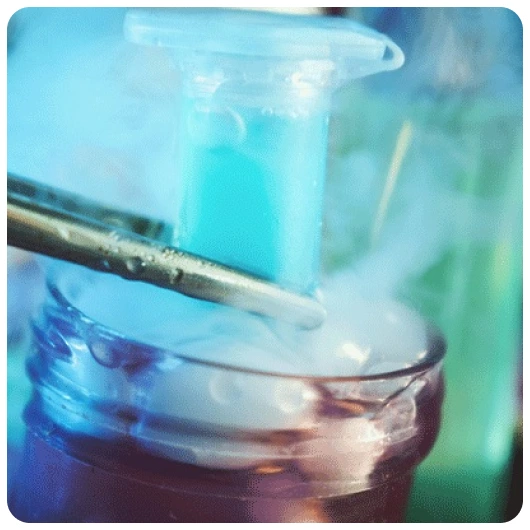What Is Infertility?
Infertility is the condition of not becoming pregnant despite trying for a year or more. To determine if a couple is infertile, doctors look at their health history, medications, and and check sexual history. In about 80% of couples, the cause of infertility is due to ovulation The problem is a blockage of the fallopian tubes, or a problem with the sperm.
Fertility Preservations
Female Fertility
When the problem of infertility lies with the female partner, she is unable to conceive even after a year of trying, and this is called female infertility.
The most common causes of infertility in women are ovulation disorders, fallopian tube blockage, abnormal shape of the uterus or problems with the cervix. Old age can also cause infertility in a woman, as a woman's fertility decreases with increasing age.
Male Fertility
Male infertility is the inability of a man to impregnate a woman. Infertility is the cause of male infertility in 30-35% of infertility cases.
Male infertility is usually caused by problems affecting sperm production, sperm transport, sperm quality and a detailed semen analysis report examines sperm movement, sperm count and sperm shape.
IVF With Donor Embryo
IVF with donor embryos can be done in cases where both the male and female partners have infertility issues. That is, the female's eggs and the male's sperm are not capable of producing a good embryo.
In donor embryos, both the eggs and sperm are taken from an anonymous donor and then the embryos are transferred to the female partner's uterus. This method can also be done when there is a possibility of problems in the embryo due to genetic problems of the male and female.
Fertility Treatment
Fertility preservation is a process in which eggs, sperm and embryos are preserved for future use. During any type of serious medical treatment (such as cancer treatment), the eggs or sperm of the woman and the man are negatively affected. In such cases, the fertility preservation process can protect the eggs and sperm by preserving them before the treatment.

Why Choose Medicover Fertility

0
+ Lakhs Happy Patients
0
+ BabiesBorn Every Year
0
+ IVF BabiesBorn Every Hour
Frequently Asked Questions
Why is fertility preservation important?
Fertility preservation is vital for individuals facing medical treatments like chemotherapy and for those delaying parenthood due to career or personal reasons. It empowers people to have biological children when they're ready, regardless of circumstances affecting their fertility.
How much does it cost to preserve embryos?
Costs vary based on clinic fees, medication, and storage expenses, ranging from 1.4 lakhs to 1.7 lakhs rupees in India. Insurance and financial assistance may help mitigate costs.
What is the age limit for freezing eggs?
While there isn't a strict limit, it's generally recommended before the mid-30s for optimal results. However, women in their late 30s and early 40s can still benefit, though success rates may be lower due to age-related declines in egg quality.
When is fertility preservation necessary?
It's necessary before medical treatments like chemotherapy and for individuals delaying parenthood due to career or personal reasons. Fertility preservation offers reassurance and options for family building in the future.
How long does fertility preservation take?
Depending on the procedure, it typically takes several weeks to a couple of months, involving hormone injections, egg retrieval, and/or embryo freezing.
Ready to take control of your journey to parenthood?
Book your Appointment and start your path towards Parenthood Today !